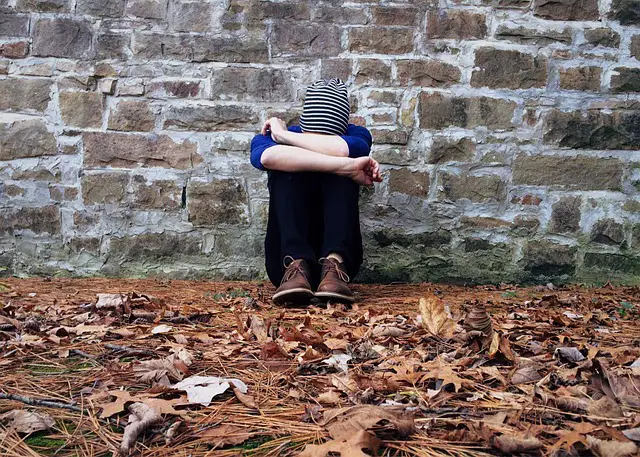
We now better understand the health risks of loneliness which is becoming an epidemic. In March of 2020 towards the beginning of the pandemic we wrote an article that more and more individuals were battling loneliness.
The health risks of loneliness go beyond the emotional and the mental. There are significant physical health risks of loneliness.
Widespread loneliness is as deadly as smoking 12 cigarettes a day and costs the health care industry billions of dollars a year according to Vivek Murthy, MD, the United States Surgeon General, which he based on this study published in Aging.
One third of Americans and Australians are now affected by loneliness.
Americans are less involved these days with community activities/organizations and less involved in the church. Due to the COVID pandemic individuals have even isolated themselves from other family members and even friends. COVID interfered with schooling and altered the workplace environment where employees started working more and more from home isolating themselves further.
Fragmented home life contributes to loneliness, too. Single households have doubled in the past 60 years. Time spent in person with friends has gone from 60 minutes 20 years ago to 20 minutes in 2020.
Social Media and Loneliness
Paradoxically, technology in the form of social media has exacerbated loneliness. One study showed that individuals who spend more than 2 hours on social media were more than twice as likely to report feeling isolated compared to those who spent less than 30 minute daily on social media platforms.
Now that we know some of the reasons for loneliness what are the health risks associated with it.
Health Risks of Loneliness
- Loneliness increases premature death by 30%.
- Loneliness increases risk of stroke and heart disease.
- Loneliness increases likelihood of experiencing depression, anxiety, and even dementia,
Loneliness and the Elderly
One group particularly at risk for loneliness is the elderly. One in three senior citizens now live alone. Loneliness, unhappiness, and hopelessness take off 20 months from one’s life expectancy – 5 months more than smoking.
Interestingly, the connection to friends is more important to the elderly than the connection to family. But, it is the relationship with friends that is most impacted by aging.
Major hurdles to socializing for the elderly include: inability to drive, health and mobility issues, and cognitive decline. For interaction to be meaningful in the elderly, the interaction needs to be face-to-face the majority of the time. There is no substitute for in-person interaction especially for the elderly. One reason elderly frequently go to shopping centers is not to shop, but rather exercise and socialize.
How to Combat Loneliness
To protect yourself from the health risks of loneliness try to incorporate some of these strategies into your daily routine.
- Join a class or club
- Volunteer
- Strengthen any existing relationships
- Talk to strangers
- Adopt a pet
- Improve your physical health (diet and exercise)
- Stay busy or active (develop new hobbies)
- See a therapist
You will need to make an effort to get out of your home and go where there are other people. Many times it is helpful to help others in need. This takes your focus off you and your problems and loneliness. Make an effort to help someone with their loneliness or depression or anxiety, etc. Take more interest in those with whom you already have a relationship. People always appreciate those who show an interest in them and their appreciation will make you feel better about yourself..
Strike up a conversation with strangers whether it be at the grocery store, mall, nursing home. Striking up a conversation with a stranger has been shown lessen loneliness in them as well as you.
Take care of your personal needs. Get plenty of rest, eat well, and get regular exercise. Doing so will enable you to better cope with any emotional or mental setback you may experience. Developing a new hobby is a great way to meet others that may share a common interest enriching your life.
Don’t be afraid or embarrassed to enlist the help of train professional like a therapist who undoubtedly has worked with other individuals who are lonely and can better determine what strategies may work best for you so you can live a happier life and avoid the health risks of loneliness.
